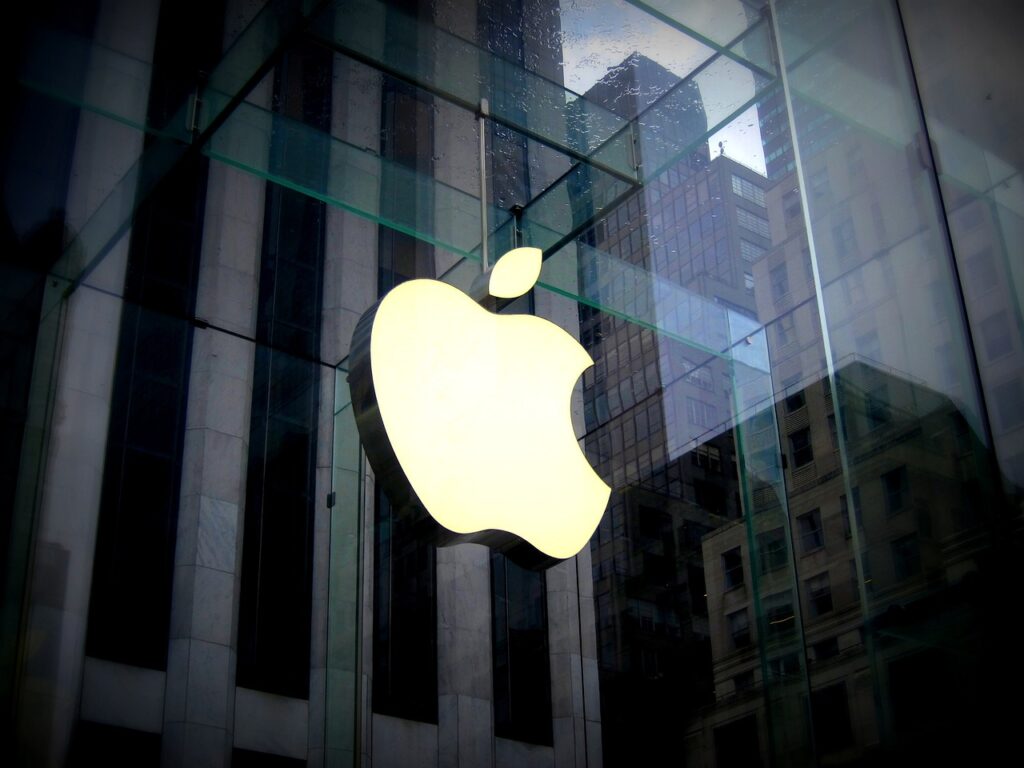Apple is steadily moving toward an unprecedented milestone as the first company with a projected $4 trillion valuation. However, its path has been far from smooth.
This week, Apple reported a six percent rise in fourth-quarter sales, reclaiming its spot as the world’s most valuable company. Much of its success is credited to its unique approach to product design, offering user-friendly, well-designed devices rather than inventing new technologies outright.
A Look Back: Apple’s Journey
Apple was founded in 1976 by Steve Jobs and Steve Wozniak, with a third co-founder, Ronald Wayne, who sold his shares early on. Their first product, the Apple I, was a rudimentary computer built in Jobs’ garage. The 1977 release of the Apple II, however, marked a turning point, establishing Apple as a leader in the U.S. computer market and leading to one of the biggest IPOs of its time.
However, missteps followed. Jobs invested heavily in the Apple Lisa computer, which failed after its 1983 launch due to its high cost. Apple then launched the Macintosh, marketed with a memorable Super Bowl ad in 1984 that positioned it as an innovative challenger to IBM. Despite its revolutionary design, the Mac did not meet sales expectations, leading to a rift between Jobs and then-CEO John Sculley. Jobs was ultimately removed from his duties, prompting him to leave and start NeXT Computers, while co-founder Wozniak also departed.
After struggling through the 1990s and nearly going bankrupt, Apple acquired NeXT in 1997, bringing Jobs back as interim CEO. Under his leadership, Apple refocused on computers and began to recover. In 1998, the iMac debuted, followed by Mac OS X and the iconic iPod in 2001. According to Tim Danton, editor-in-chief of PC Pro, Apple’s turnaround is largely due to its dedication to design, as it consistently brought attractive, reliable products to market.
The next years saw groundbreaking releases, including the iPhone in 2007, and later the App Store and iPad. When Jobs stepped down in 2011, Tim Cook took over as CEO, leading the company through further evolution and growth.
The Cook Era and Beyond
Since taking the reins, Cook has overseen the development of Apple’s services, including Apple TV+ and Apple Music, and its first mixed-reality headset, the Apple Vision Pro. Apple has also recently joined the AI race, with new AI-driven features embedded in its products.
Technology analyst Paolo Pescatore notes that Apple’s strategy often involves waiting to perfect new technologies, prioritizing a seamless user experience over being first to market. Moving forward, potential innovations could include foldable devices, connected glasses, or even smart rings.
Navigating New Challenges
While Cook has steered Apple successfully, the company faces challenges from geopolitical tensions and regulatory issues in Europe. The Digital Markets Act now allows European Apple users to install software from outside the App Store, which could impact the company’s ecosystem.
Despite some setbacks, like the mixed reception of Vision Pro, experts remain optimistic. Tim Danton points to Apple’s strong ecosystem and brand loyalty as reasons for its resilience, suggesting the company’s commitment to privacy will also bolster its appeal.
Apple’s approach to “playing the long game” and planning well ahead suggests it has a solid vision of what’s to come. As Danton notes, “[Apple] probably has a much better idea of what the future holds than futurists – after all, it will be the one helping to shape the future.”
